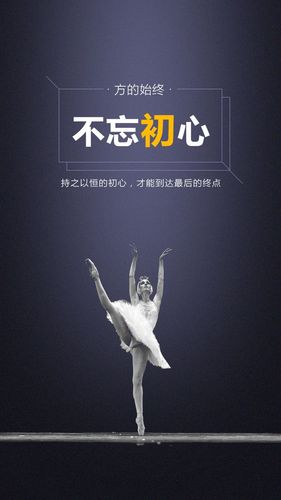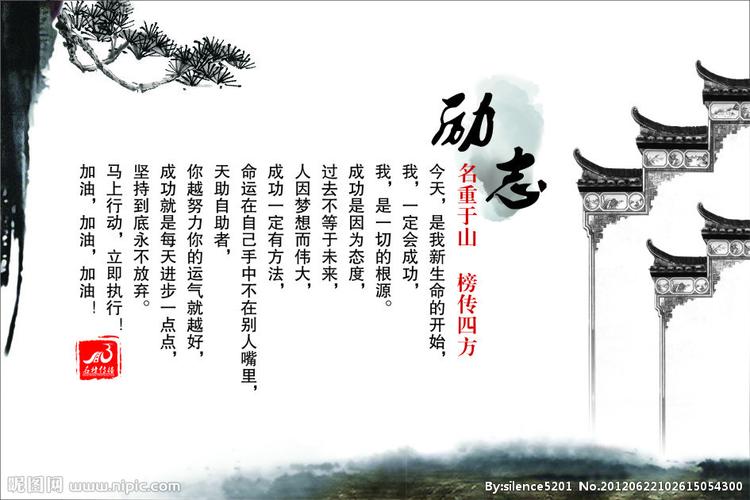2024年3月14日发(作者:医工院)

(完整版)高中语法之常用时态语态详解
第四章 时态和语态
一.动词的时态
英语时态用共有十六种时态,其中常用的有8种,它们是:一般现在时、一般过去时、一般
将来时、现在进行时、现在完成时、过去进行时、过去完成时和过去将来时.
时态
主动语态
具体形式
通式
肯定
肯定式
do/does
;
am/is/a
re
did
否定式
式
式
do/does
not do;
am/is/ar
e not
did not
d
o;
b
e
was/wer
do not
e done
do;
be not
否定
肯定式
被动语态
具体形式
通式
肯定
否定式
式
am/is/a
am/is/a
re not
re done
done
be
done
否定
式
一般现
在时
一般过
去时
;
was/wer
do;
e
was/were
not
will not
will
do;
do;
will be
will not
be
am/is/aam/is/ar
re e not
doing
doing
was/wer
e not
done
be
not
done
一般将
来时
will
will be
not be
注:be没有被
done
done
动形式
现在进
行时
过去进
行时
将来进
行时
现在完
成时
过去完
成时
am/is/a
re
being
be be not
done
was/were doing
doing
was/wer
was/wer
not e being
e doing
doing
done
will be
doing
be
bein
g
done
注:be通常不用
于进行时
have/hahave/has
s done
not done
had
done
had not
done
have
done
have/ha
have/ha
s not
s been
have
been
have have
done
not
done
not been
been
done
had had not
done
done
been been
done
done
(完整版)高中语法之常用时态语态详解
一。
般
将来完
在
成时
1。
成.
动
过去将
am
来时
现在完
成进行
时
will
have
done
would
do;
would
be
have/ha
s been
doing
will
have
been
done
would
not do;
would
not be
would
would
not be
be done
done
一
现
时.
构
be
词:
is
are ; 其他动词用动词原形,当主语是第三人称单数时要在谓语动词后加“s",其变化规则与
名词变复数一致。
2.用法. 1)。 经常性或习惯性的动作,常与表示频度的时间状语连用。如usually, always,
often, ldom, never, every..。,
eg. I leave home for school at 7 every morning。
I don't leave home for school at 7 every morning.
Do I leave home for school at 7 every morning?
He usually gets up early。
He doesn’t usually get up early。
Does he usually get up early?
2) 客观真理,客观存在,科学事实。
eg。 The earth moves around the sun.
The earth doesn’t move around the sun 否定句
Does the earth move around the sun? 疑问句
Shanghai lies in the east of China。
Shanghai doesn't lie in the east of China 否定句
Does Shanghai lie in the east of China? 疑问句
Water boils at 100 centigrade degrees。
3) 表示格言或警句中
eg。 Pride goes before a fall.
注意. 此用法如果出现在宾语从句中,即使主句是过去时,从句谓语也要用一般现在时.
eg. Columbus proved that the earth is round。。
4) 现在时刻的状态、能力、性格、个性。既用于某些不用于进行时态的静态动词表示现在的
行为和状态。
eg. She is shy. We love our country. Tom writes good English.
5) 某些动词如 come, go, move, stop, leave, arrive, finish, continue, start 等,
在一般现在时句中可用来表示将来肯定会发生的动作。 按时刻表发生
eg. The train comes at 3 o'clock。
6) 在时间状语从句或条件状语从句中,一般现在时代替一般将来时。
eg。 I’ll help you as soon as you have problem。
Tell Xiao Li about it if you meet him.
7) 用于文章标题、故事介绍、实况解说等。
eg。 There is a piece of meat in the crow's mouth and the fox wants to eat it。
He puts the sugar in the cup.
二.一般过去时
1。 构成:be动词用 was were ;其他动词用动词的过去式。
2。 用法:1). 表示过去某一时刻或某一段时间内所发生的动作或情况,通常一般过去式带有
表示动作时间状语的词,词组或从句,如 yesterday, the day before yesterday, last week,
two days ago 等,上下文清楚时可以不带时间状语。
eg. I worked in that factory last year.

本文发布于:2024-03-14 03:09:05,感谢您对本站的认可!
本文链接:https://www.wtabcd.cn/zhishi/a/1710356945285055.html
版权声明:本站内容均来自互联网,仅供演示用,请勿用于商业和其他非法用途。如果侵犯了您的权益请与我们联系,我们将在24小时内删除。
本文word下载地址:(完整版)高中语法之常用时态语态详解.doc
本文 PDF 下载地址:(完整版)高中语法之常用时态语态详解.pdf
| 留言与评论(共有 0 条评论) |